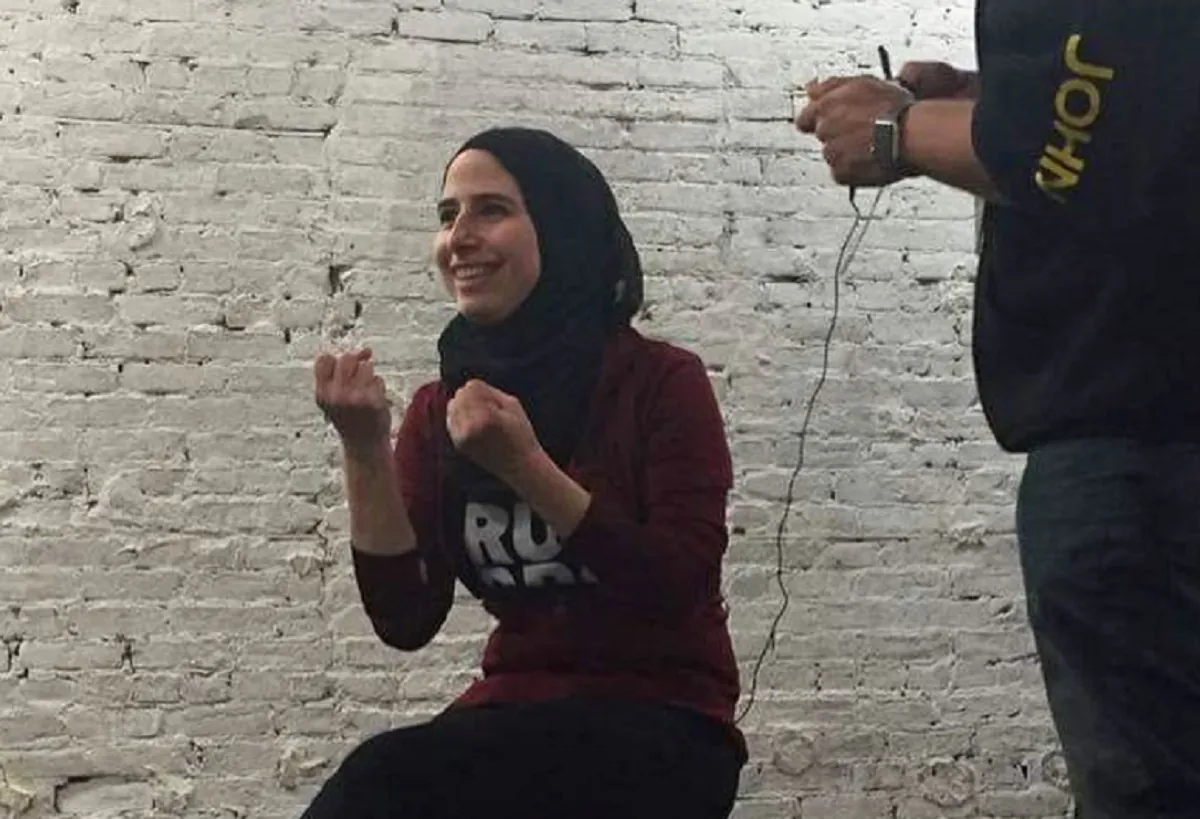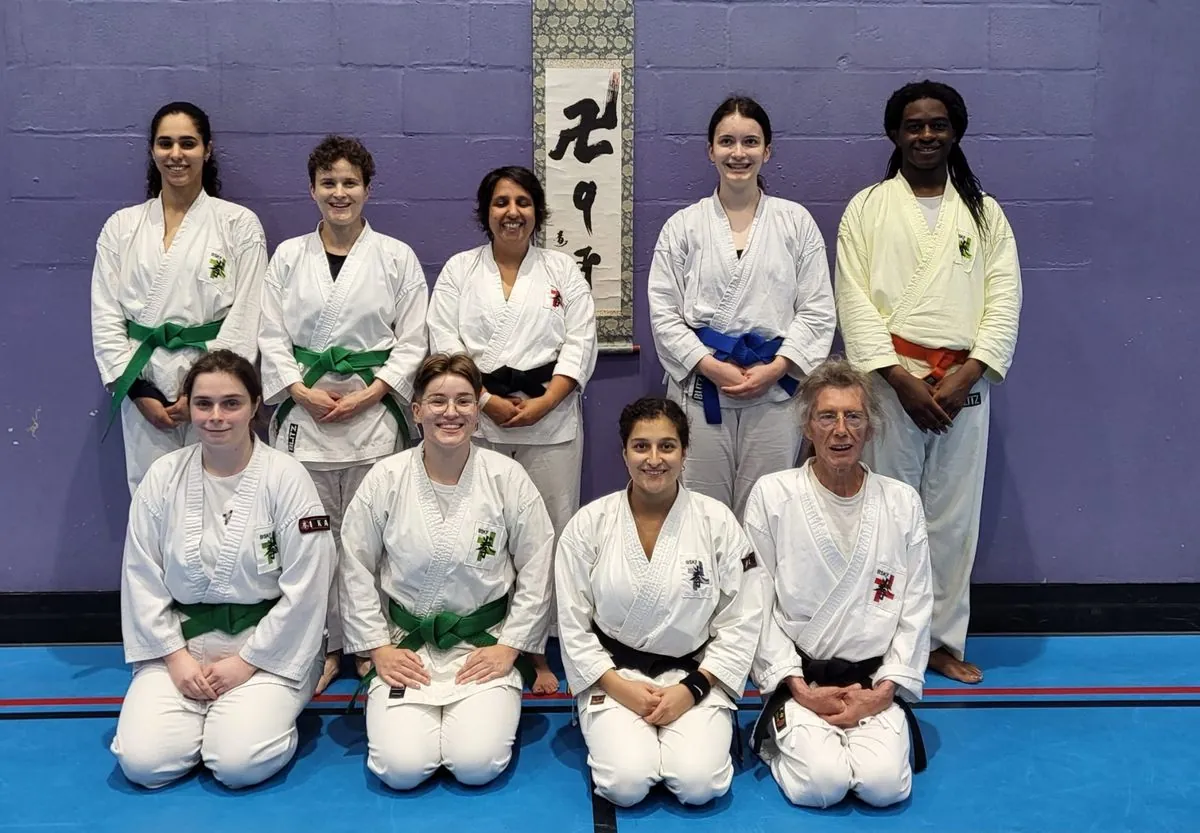Muslim Women in London Unite for Self-Defense Amid Rising Tensions
In response to recent riots targeting Muslims and migrants, a London-based martial arts expert organizes self-defense classes for minority women. The initiative aims to build confidence and community in the face of growing concerns.

In a proactive response to recent unrest, a group of approximately 30 women, predominantly Muslim and from ethnic minorities, gathered at a London sports ground to participate in a self-defense class. The initiative, organized by 28-year-old martial arts expert Maya Hassan, aims to empower women of color in the wake of violent, racist attacks targeting Muslims and migrants.
Hassan, a Swiss national of Somali origin who moved to Britain in 2008, expressed her motivation for organizing the class: "It gives you a little bit more confidence. You kind of know what to look for, how to be socially aware, how to spot things and how to get out of a really bad situation."
The recent riots, which have largely subsided as of August 11, 2024, were sparked by false information circulating online regarding a knife attack in Southport, northwest England. The misinformation falsely claimed that the suspected killer of three young girls was an Islamist migrant, leading to a wave of violence against mosques, asylum seeker hotels, and law enforcement.
Martial arts instructor Stewart McGill reported an increase in women signing up for classes since the unrest began. The training focused on practical self-defense techniques, including kicks and the use of improvised weapons such as belts.

One participant, 24-year-old Elza Annan, shared her newfound confidence: "I obviously don't want to have to use these techniques but it is useful and beneficial to have them ... especially because of recent events of far-right racists coming out and targeting people of colour."
The United Kingdom is home to over 3 million Muslims, comprising approximately 5% of the population. The recent riots have highlighted ongoing challenges in integration and social cohesion. Sunder Katwala, director of the think-tank British Future, which focuses on migration and identity, noted that while Britain can be a "confident multi-ethnic democracy" at its best, successive governments have lacked a comprehensive strategy for integrating different communities.
Tell MAMA UK, an organization monitoring anti-Muslim incidents, reported receiving more than 500 calls and online reports of anti-Muslim behavior across Britain since the riots began. The group also noted an increase in hate directed at Muslims since October 7, 2023, coinciding with the start of the conflict in Gaza.
In response to the unrest, thousands of anti-racism protesters have mobilized to protect potential targets, including immigration advice centers, mosques, and hotels housing asylum seekers. Prime Minister Keir Starmer has ordered extra protection for the Muslim community and described the rioters as "far-right thugs." Law enforcement has made nearly 800 arrests, with some individuals fast-tracked through the courts and jailed.
"Today I advised a sister I dearly love to consider removing her hijab to stay safe as she travels through the Northeast ... Across the country British Muslims are having these same conversations."
The impact of the riots has been profound, with many Muslim women expressing fears of confrontations or abuse. Some, like Shaista Aziz, director of The Three Hijabis campaign group, have even advised loved ones to consider removing their hijabs for safety reasons.
As the community continues to grapple with these challenges, initiatives like Hassan's self-defense class provide a sense of empowerment and solidarity. The Equality Act 2010 in the UK protects individuals from discrimination based on religion or belief, but community-led efforts often play a crucial role in addressing social issues and promoting integration.
Maya Hassan is considering organizing more classes, and similar events are being planned in other cities, including Manchester. As the situation evolves, these grassroots initiatives may prove instrumental in building resilience and fostering understanding among diverse communities across Britain.


































